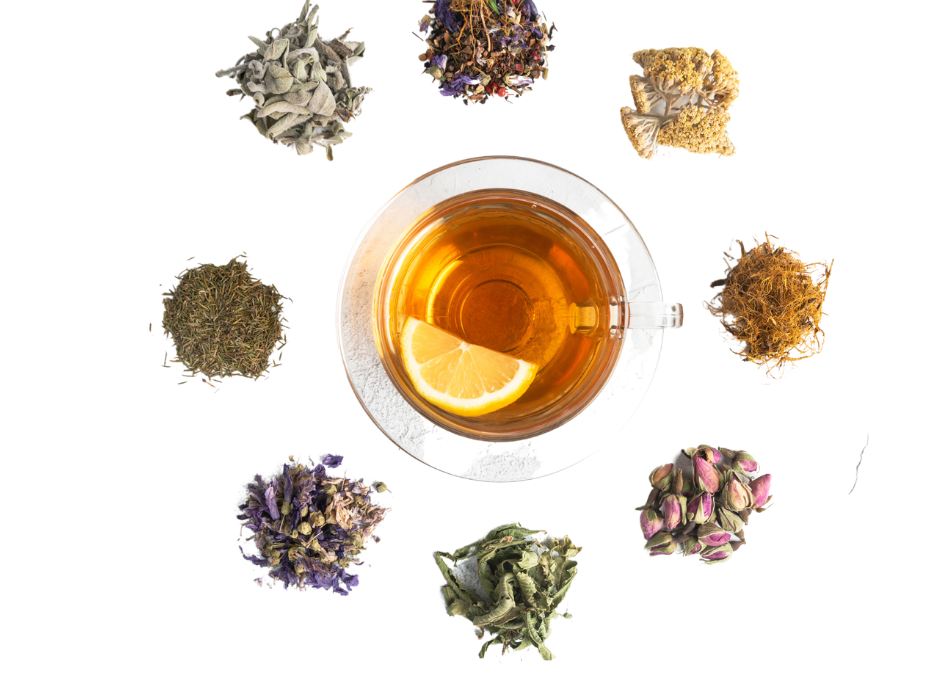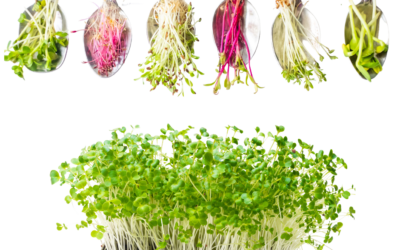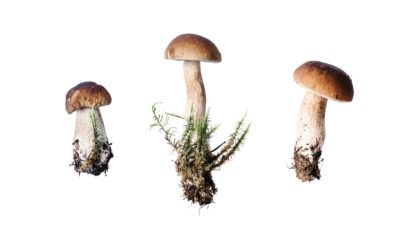What is phytotherapy?
EHIAS MAGAZINE |Monday, 5 May 2023
Phytotherapy is a form of alternative medicine that uses plant extracts to treat and prevent diseases.
It is based on the use of the medicinal properties of plants, which contain active compounds such as alkaloids, flavonoids, tannins, terpenes, and phenolic acids, which have beneficial effects on health.
Phytotherapy can be used to treat a variety of health problems, including infectious diseases, digestive disorders, sleep disorders, mood disorders, cardiovascular diseases, cancer, and neurological disorders. The most commonly used plants in phytotherapy include chamomile, ginseng, valerian, echinacea, St. John's wort, and turmeric.
Phytotherapy can be administered in different forms, including infusions, decoctions, tinctures, capsules, tablets, and liquid extracts.
This practice can be used alone or in combination with other medical treatments.
This practice can be used alone or in combination with other medical treatments.
Phytotherapy can be used to treat a variety of health problems. Here are some examples of phytotherapy treatments:
- Relieving anxiety and stress: Plants such as valerian, chamomile, and St. John's wort can help reduce anxiety and stress. They have calming properties and can help promote restful sleep.
- Improving digestion: Plants such as peppermint, ginger, and fennel can help relieve digestive disorders such as bloating, nausea, and abdominal pain.
- Relieving pain: Plants such as willow bark, meadowsweet, and turmeric can help relieve pain. They have anti-inflammatory and analgesic properties.
- Strengthening the immune system: Plants such as echinacea and ginseng can help strengthen the immune system. They have immunostimulating properties and can help prevent infections.
Here are some examples of types of phytotherapy:
- Herbal tea phytotherapy: This is one of the most common forms of phytotherapy, which involves preparing plant infusions in hot water to extract active ingredients. Plants are usually used in the form of leaves, flowers, roots, or barks. Herbal teas can be consumed hot or cold and are often used to relieve digestive disorders, calm the nerves, promote sleep, etc.
- Tincture phytotherapy: Tinctures are alcoholic extracts of plants. The active ingredients are extracted by macerating the plant in alcohol, and then the solution is filtered to remove solid particles. Tinctures can be used to treat a variety of health problems, including digestive disorders, sleep disorders, joint pain, etc.
- Capsule phytotherapy: This is a form of phytotherapy that involves taking plants in the form of capsules or tablets. Plants are usually dried, ground, and encapsulated. This form of phytotherapy is often used for long-term treatments, as it allows for precise doses of active ingredients.
- Poultice phytotherapy: Poultices are plant-based preparations that are applied to the skin to relieve pain, inflammation, or other conditions. They are usually made by mixing powdered or crushed plants with water or oil, and then applying the resulting paste to the affected area.
- Aromatic Phytotherapy: It is a form of phytotherapy that uses essential oils extracted from plants to treat health issues. Essential oils can be used in air diffusion, massage, inhalation, or bath. They are often used to relieve stress, improve digestion, stimulate the immune system, etc.
The importance of sprouted seeds.
L'importance des graines germés EHIAS MAGAZINE | Lundi, 5 Mai 2023 Le gainage est un exercice qui sollicite principalement les muscles abdominaux, mais également les muscles du dos, des hanches et des épaules. Voici quelques raisons pour lesquelles il...
The importance of sprouted seeds
The Importance of Sprouted Seeds EHIAS MAGAZINE | Monday, May 5th, 2023 Sprouted seeds are considered an important part of a healthy diet for several reasons. When a seed sprouts, it undergoes a chemical transformation that results in increased nutrient leve...
What is Mycotherapy?
What is mycotherapy? EHIAS MAGAZINE | Monday, May 5th, 2023 Mycotherapy is a form of alternative medicine that uses mushrooms and mushroom-derived substances to treat and prevent illnesses.




